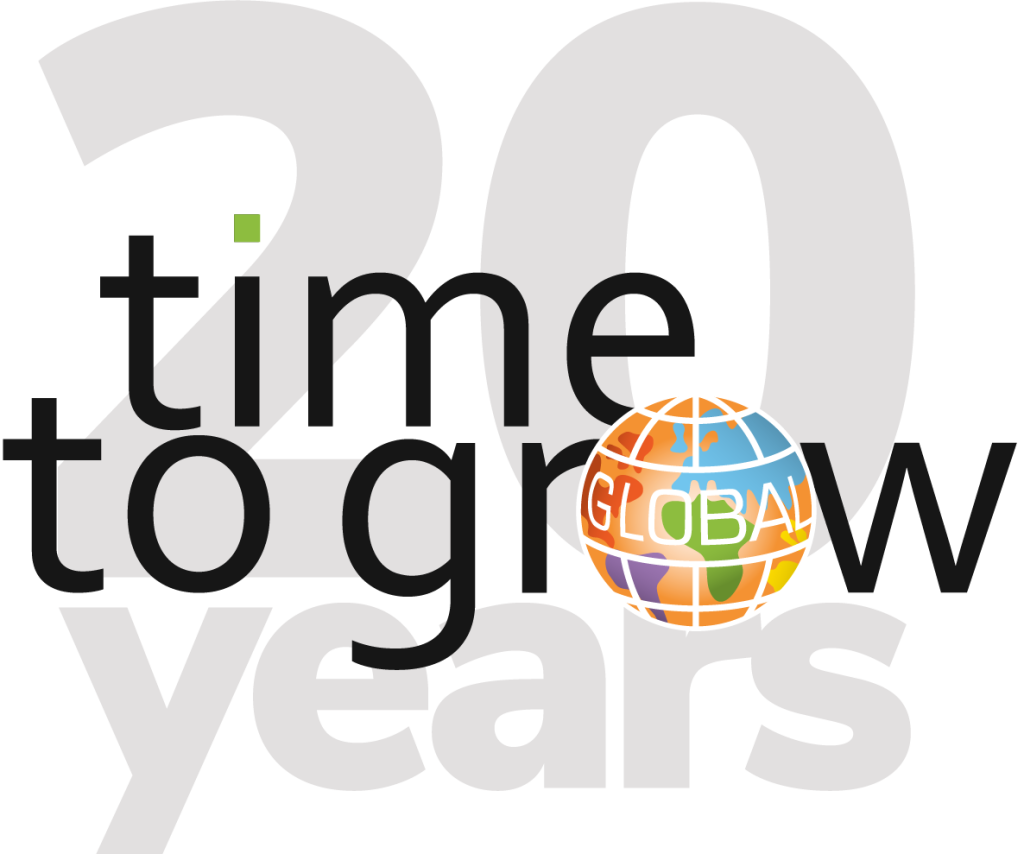
Rapid or slow, predictable or unexpected, change is an unavoidable part of contemporary global business. In shaping our context, it dictates the rules for success. It decides which companies survive, and which don’t.
Some organizations embrace this complexity, innovating and evolving, By being future-focused, they adapt to survive long-term. Others ignore change, resisting it, and holding tight to the past. Companies like Blockbuster. Enron. Kodak. Xerox. The list goes on.
But no matter how change-averse your organization, one thing’s for sure. Our current health crisis has imposed inescapable change upon us all.
Forced Adaptability
The COVID Crisis has hit businesses hard, from closures and lay-offs to lost clients and income. As we’ve socially distanced, the crisis has even forced us apart and into remote work – a new concept for many organizations.
In this respect, faced with no other choice, many companies have stepped far outside their comfort zones. Like it or not, in other words, we’ve all just been forced to adapt.
Now, we’ve got a chance to learn from that forced experience. It’s a strange scenario that I’ve christened “The Crisis Metaphor”: If we aren’t completely pushed to innovate, we might not do it at all.
Organizational Learning
If we aren’t completely pushed to innovate, we might not do it at all.
Working virtually with many teams, COVID has given me a unique chance to hear about different remote working experiences.
Some teams loved it, with employees embracing the flexibility. Some described higher productivity, with more agenda-driven meetings, flexible hours, and fewer commutes.
Others spoke of lower stress, comfier work environments, and improved morale. Business owners cited overheads savings and lower equipment costs.
And of course, some teams abhorred it. Communication was strained, collective performance suffered, satisfaction dropped, and infighting took over. It just didn’t work.
But here’s what I noticed most profoundly. Whether these teams liked it or hated it, they all had one thing in common. Because from this forced experiment, they had all learned something.
This forced learning (“How did it go?”), or The Crisis Metaphor, is what matters most. It’s a universal lesson that doesn’t – and shouldn’t – apply to remote work alone. The Crisis Metaphor is a lesson about learning, and The Remote Work Experiment was only one part of it.
It has perhaps taught the most to companies that have always resisted remote work.
Or, more likely, innovation in general.
What We’ve Learned
The Crisis Metaphor is a lesson about learning, and The Remote Work Experiment was only one part of it.
So what can we learn from being pushed outside our comfort zones? What matters now, I believe, is what your team or organization chooses to do with its learnings.
All the teams I’ve worked with, and all global organizations, face the same crossroads.
Some will choose to ignore it, opting to move past the unpleasantness, discomfort, and uncertainty of trying new things.
Maybe “Once was more than enough” for these firms, but I believe that sign points back down the road already travelled.
Other companies will embrace remote work, making it a permanent part- or full-time option.
Finally, some teams will zoom out and learn from the bigger picture. Whatever these teams choose to do about remote work – whether they take it or leave it – they’ll embrace The Crisis Metaphor, or the experimentation itself. Every once in a while they’ll make a point of stepping outside their comfort zones to innovate.
In my opinion, that future-focus, openness, and adaptability, is the path forward.
- Learning From Your Crises
Here’s how can we keep learning from The Crisis Metaphor. Because as an Organizational Development consultant, I see many forward-thinking companies doing it all the time.
It can be as simple as:
- Prototyping more new product and service ideas – being ready and willing to ‘fail more’
- Questioning existing routines, or changing them up
- Experimenting with new markets, even suppliers or distributors, or
- Even trying something new – just because it feels uncomfortable.
By embracing the unknown, we open ourselves up to risk. But more critically, we open ourselves up to possibilities, “What Ifs?”, and forward-thinking.
And that “Keep On Questioning” mentality is not a one-time lesson, either – it’s a lesson that keeps us fresh, new, and always at the top of our corporate game.
So what will your organization learn from the Crisis Metaphor?

Govert is Time To Grow Global’s Managing Partner, specializing in Strategy Facilitation, Leadership development and Organisational performance. Reach him on our Time To Grow Global LinkedIn.


